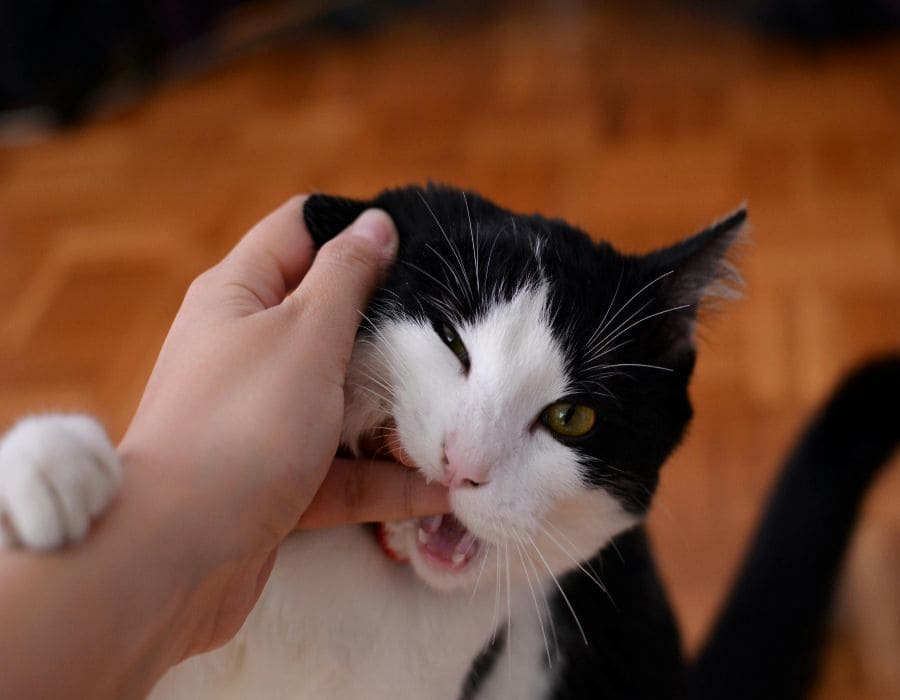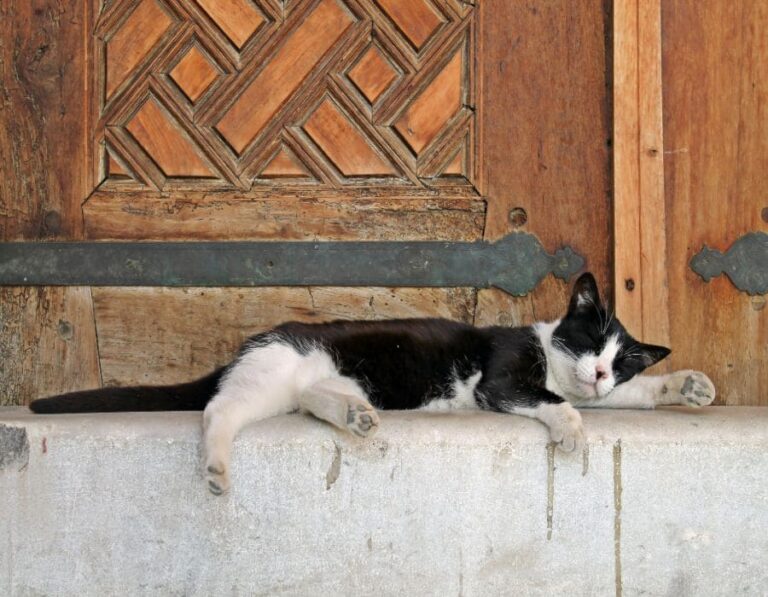10 Common Owner Mistakes That Can Lead To Aggressive Cat Behavior
You thought your cat was just “moody,” but the truth is, they might be reacting to subtle things you’re doing wrong. Aggression isn’t always caused by the obvious stuff—sometimes it’s the quiet mistakes that flip the switch.
From ignoring their tail talk to skipping post-play cooldowns, here are some less-talked-about habits that could be putting your cat on edge. Think of it as a relationship check-in—with claws and purring on the line.
Using scented cleaning products
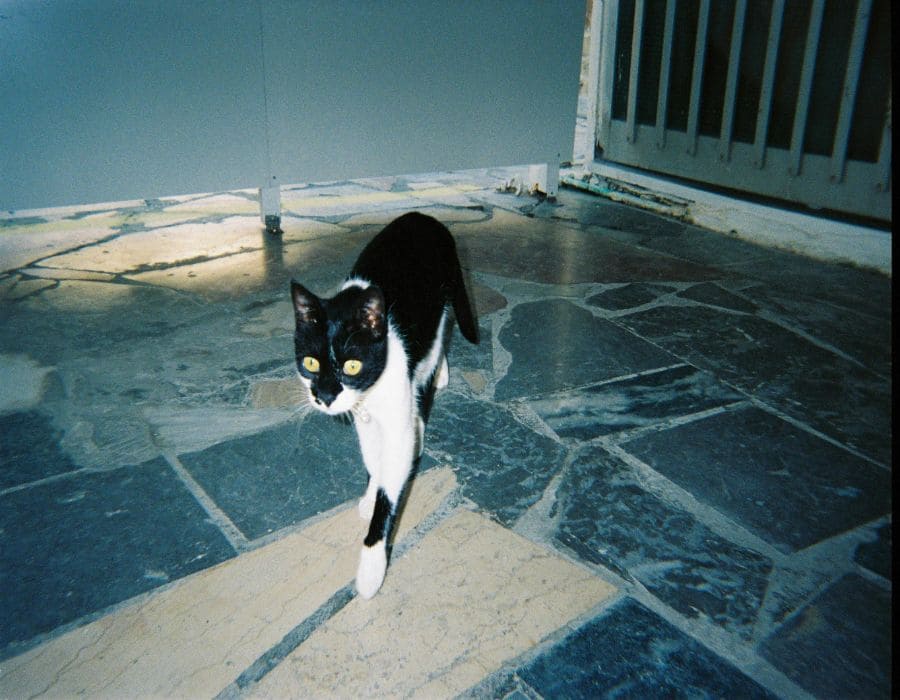
That citrusy floor cleaner might smell fresh to you, but to cats, it’s an olfactory assault. Harsh scents can stress them out or trigger territorial behavior. Stick to pet-safe, unscented options when cleaning their space.
Blocking escape routes
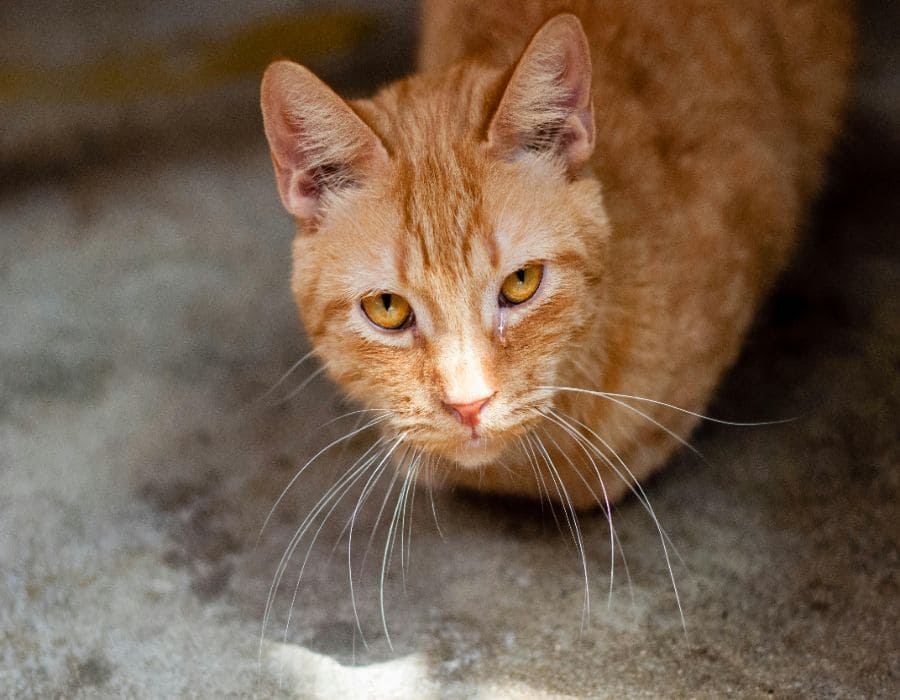
Cornering your cat without realizing it—like petting them in a hallway with no exits—can make them feel trapped. Even a loving reach can feel threatening if there’s no route for retreat.
Ignoring post-play decompression
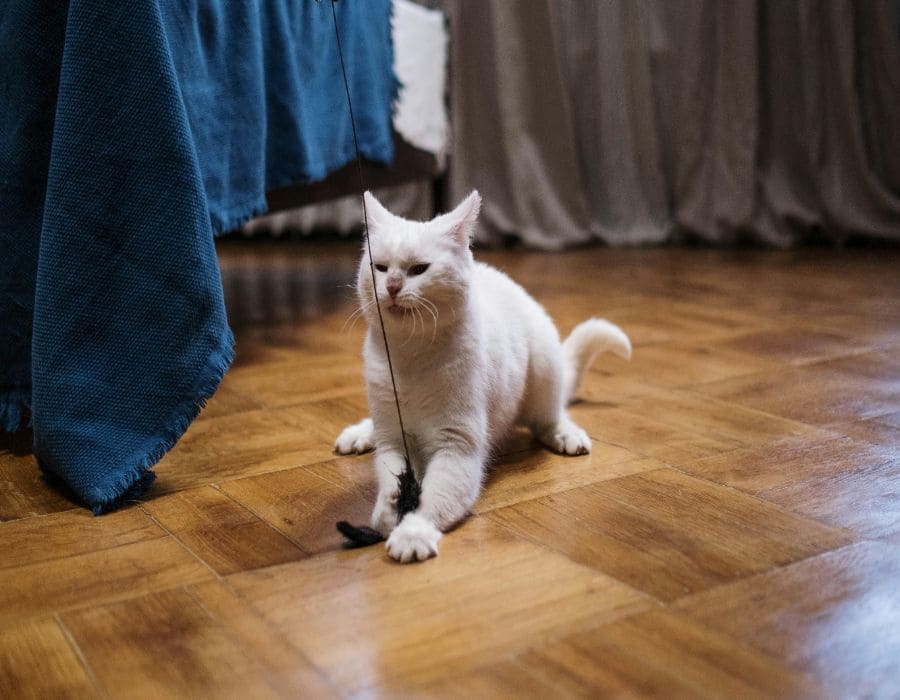
Abruptly ending a high-energy play session without a cool-down can leave your cat overstimulated and irritable. Wind them down with slower, calmer movements so they don’t go from feather-chasing to foot-attacking.
Wearing noisy accessories

Jangly bracelets or loud shoes might seem harmless, but sudden unfamiliar sounds from your body can startle cats—especially nervous ones. Their fight-or-flight might kick in before you even sit down.
Using the litter box as punishment

Putting your cat in the litter box after they’ve gone outside it might seem helpful—but it can cause litter box anxiety. Associating that space with stress or correction can lead to defensive behavior around it.
Playing with your hands

Tempting as it is to turn your fingers into pretend mice, it trains your cat to see hands as toys. That might seem cute with a kitten, but it’s not so funny when you’re bleeding later.
Inconsistent scent environments
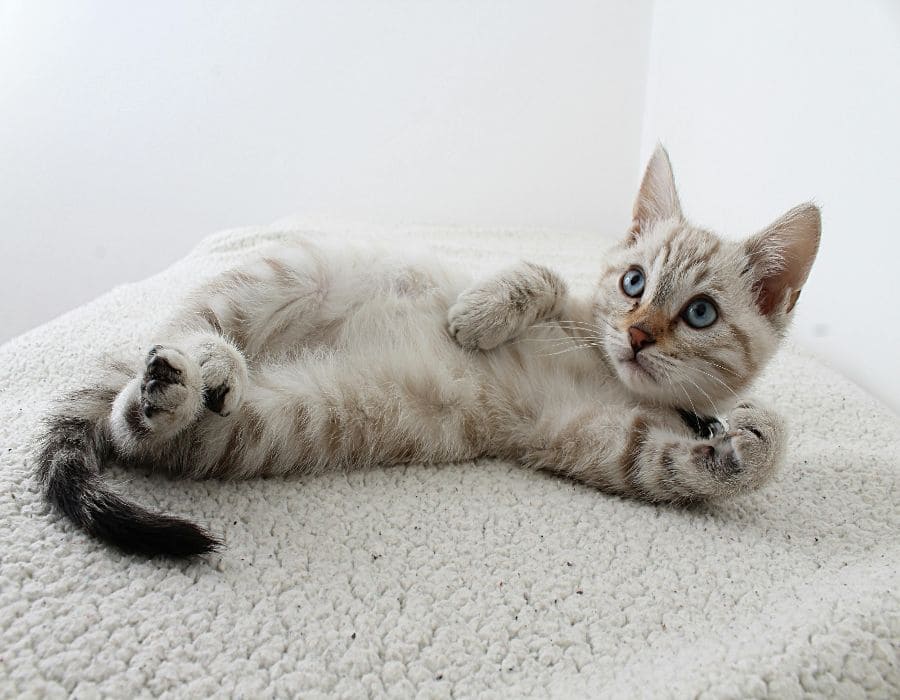
Cats rely on scent to feel secure. Constantly washing their bedding or replacing toys with new ones too frequently can erase their comfort smells and make them feel displaced or on guard.
Unintended roughhousing
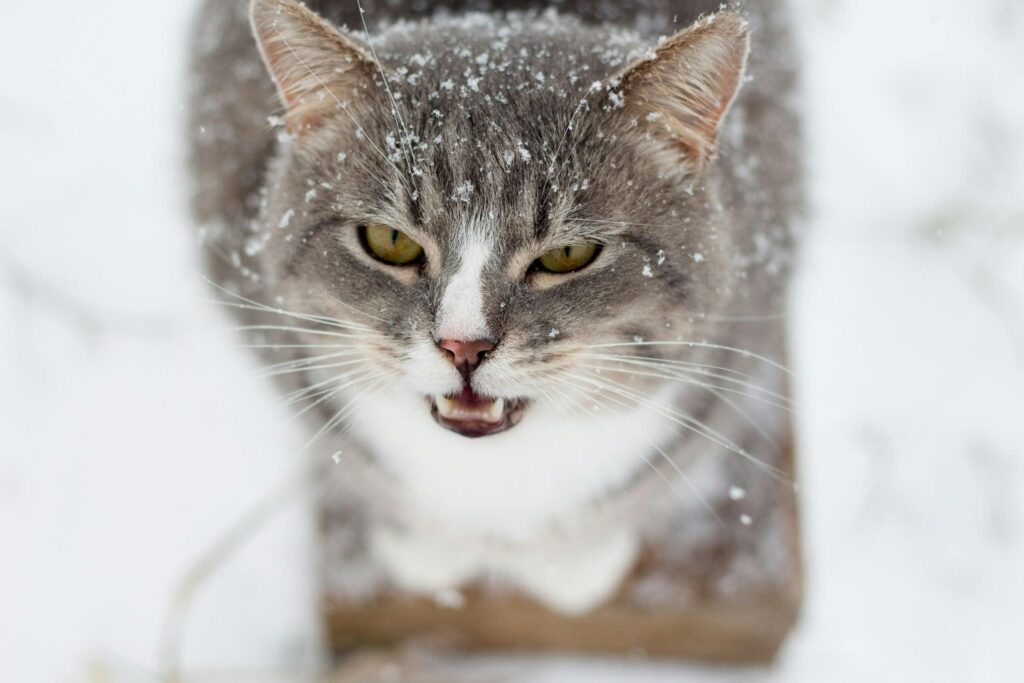
Some owners unintentionally rile their cats up by mimicking rough play—tapping their belly, flipping them over, or “play-fighting.” Cats may retaliate, not realizing it’s all in fun from your side.
Too much eye contact
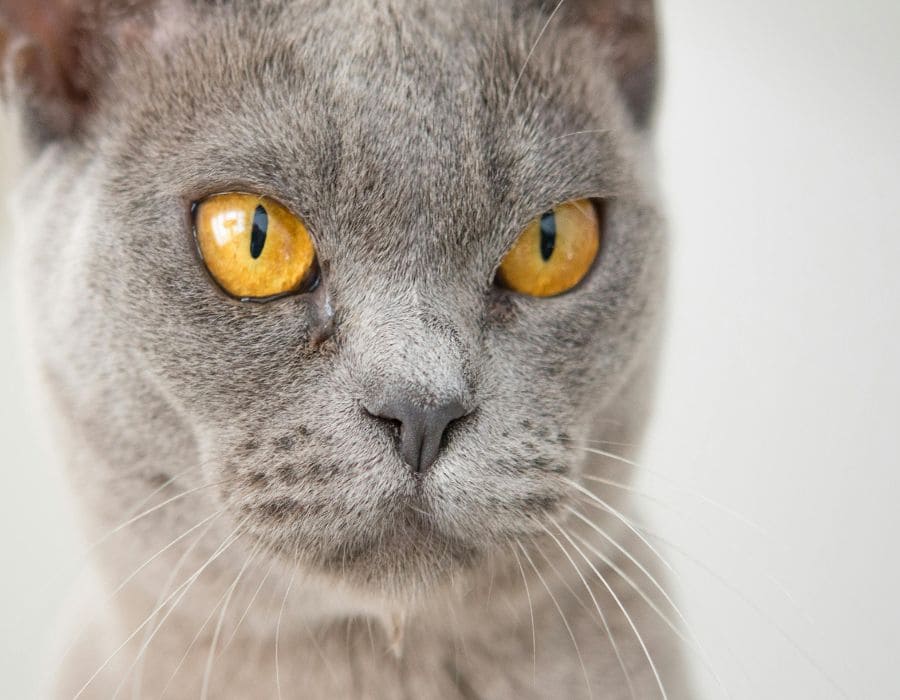
A hard stare between cats is a challenge—and yours might interpret your prolonged gaze as a threat. If your cat keeps looking away while you’re gazing into their soul, take the hint.
Overstimulating environments
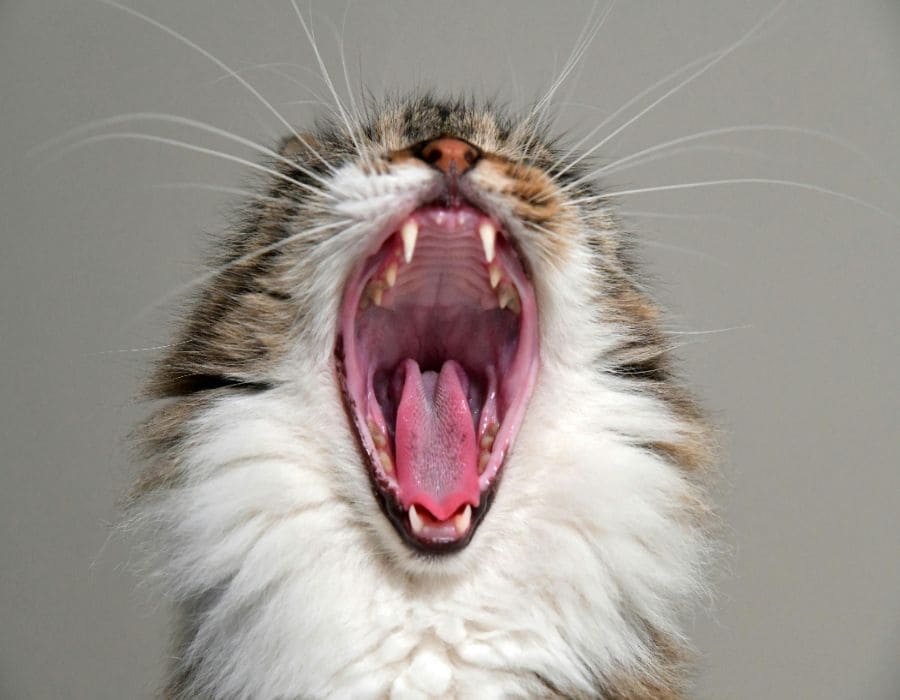
Loud TVs, frequent guests, constant music—some cats just can’t handle the noise. A chaotic environment without a quiet retreat can stress them into defensive mode. Everyone needs a break—including your feline housemate.
Respect the whiskers
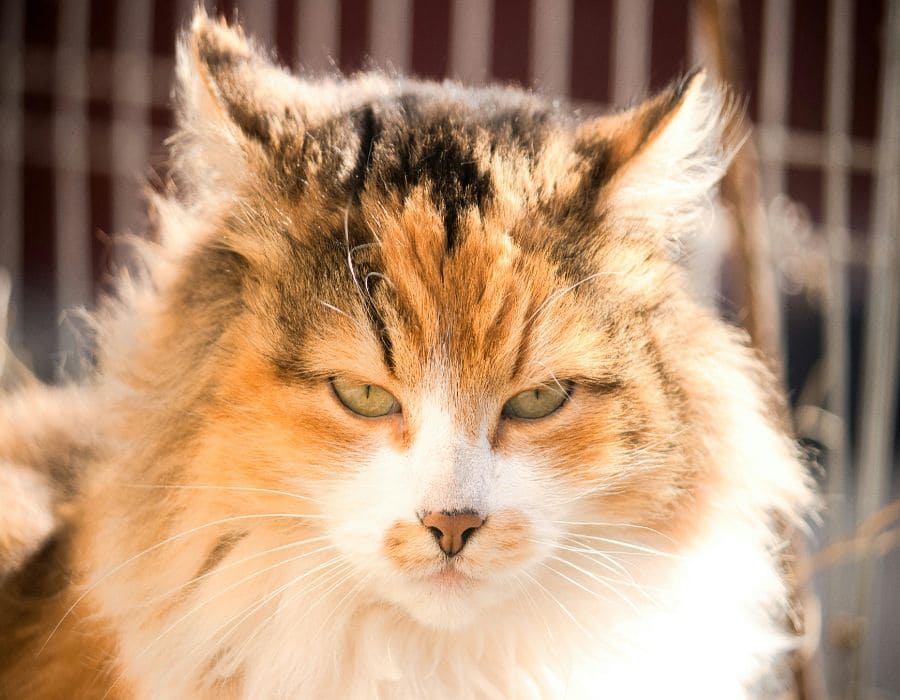
Cats are subtle communicators, and their aggression is rarely random. By tuning into these less obvious mistakes, you’ll earn their trust—and avoid becoming the accidental villain in your cat’s soap opera.

